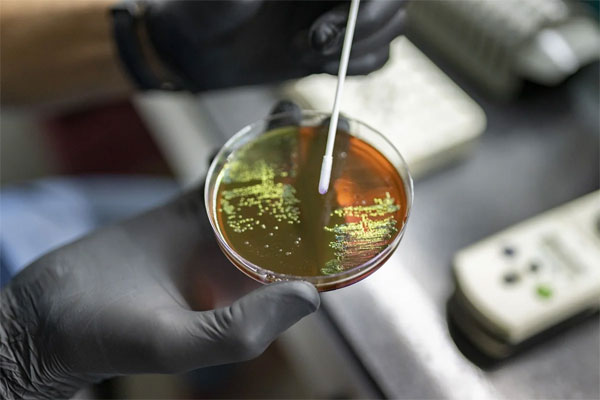Daijiworld Media Network - New Delhi
New Delhi, Nov 22: The World Health Organization (WHO) has called for urgent global action to tackle the accelerating threat of antimicrobial resistance (AMR), warning that without decisive steps, common infections may become untreatable and routine surgeries unsafe.
Marking World AMR Awareness Week, the WHO urged nations — particularly those in the South-East Asia region — to “Act Now: Protect Our Present, Secure Our Future.”
“AMR threatens the very foundations of modern medicine, jeopardising decades of progress. Across the world — and especially in South-East Asia — common infections are becoming increasingly difficult to treat,” said Dr. Catharina Boehme, Officer-in-Charge for WHO South-East Asia.

She noted that AMR is already responsible for more than a million deaths annually, a figure expected to rise sharply in the coming years if immediate action is not taken. The recently released Global Antimicrobial Resistance Surveillance Report 2025 highlights that low- and middle-income countries with weaker health systems bear the brunt of antibiotic resistance. In 2023, resistance rates were highest in South-East Asia and the Eastern Mediterranean regions.
Dr. Boehme emphasised that the region faces unique challenges, from varied access to medicines to uneven healthcare infrastructure. However, she stressed that these challenges also present opportunities for innovation through regional collaboration, improved laboratory capacity, and stronger community-based initiatives.
In October 2025, Member States endorsed the Regional Roadmap on AMR (2025–2030) during the Seventy-eighth Session of the WHO Regional Committee. The roadmap outlines strategies to strengthen national leadership, embed AMR initiatives within broader health priorities, secure sustainable financing, and enhance governance to accelerate progress toward global AMR targets.
“We must commit to long-term investment and coordinated efforts across human, animal, and environmental health. Building resilient systems, advancing surveillance, ensuring equitable access to quality medicines and diagnostics, and driving innovation will be essential,” Dr. Boehme added.